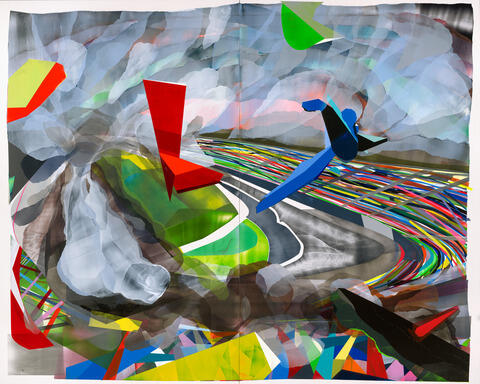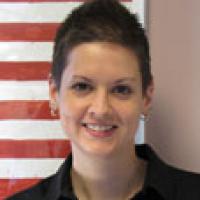HUMS 095, Certain Uncertainties: Literature, Physics, Philosophy

Course Description:
Why does the universe exist? What is the nature of reality? Who are we? Where are we? How do we know? This course attempts to address such uncertainties by looking at three seemingly disparate disciplines: literature, physics, and philosophy. Throughout the twentieth century, significant advances were made in each of these fields. In literature, the modernists and postmodernists changed the way we read and write. In physics, modern cosmology and quantum mechanics profoundly affected our understanding of the universe’s origins and the nature of reality. In philosophy, new schools of thought such as structuralism and poststructuralism challenged our perception of language and meaning. By placing such seemingly separate fields of study and some of their signature advances in conversation, this course not only aims to explore certain uncertainties but also to underscore the value of a liberal arts education.
Enrollment limited to first-year students. Preregistration required; see under First-Year Seminar Program: https://registrar.yale.edu/students/preference-selection-and-preregistration-applications
Fulfills HU distribution requirement.
Led by:
 |
Professor Brianne Bilsky is the Dean of Berkeley College and a Lecturer in the English Department. She earned her Bachelor of Arts in English from Washington and Jefferson College and her Ph.D., also in English, from Stanford University. Her teaching and research interests include literature and war; rhetoric and composition; media and information theory; and pedagogy. Prior to Yale, Dean Bilsky, was an assistant professor of English at the United States Military Academy in West Point, NY and comes to Yale with experience advising and mentoring undergraduates. As a dean and administrator at Washington and Jefferson, she worked extensively with first-year students making the transition to college, created a peer-mentoring program, and prepared students for competitive national fellowships. And as a member of the Washington and Jefferson faculty, she taught in a first-year program that created and strengthened links between students’ residential and academic environments. |